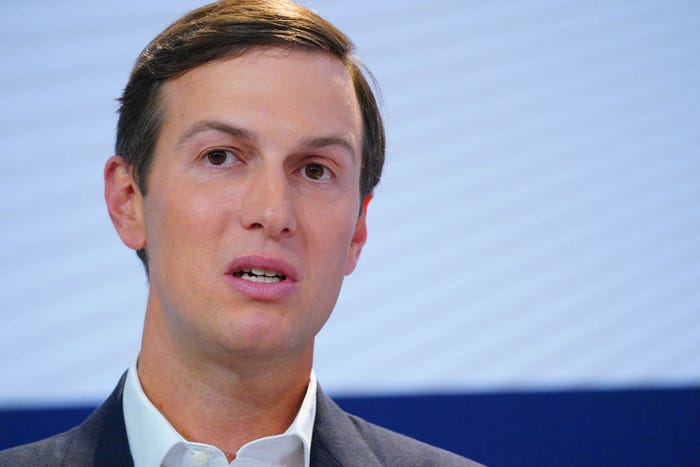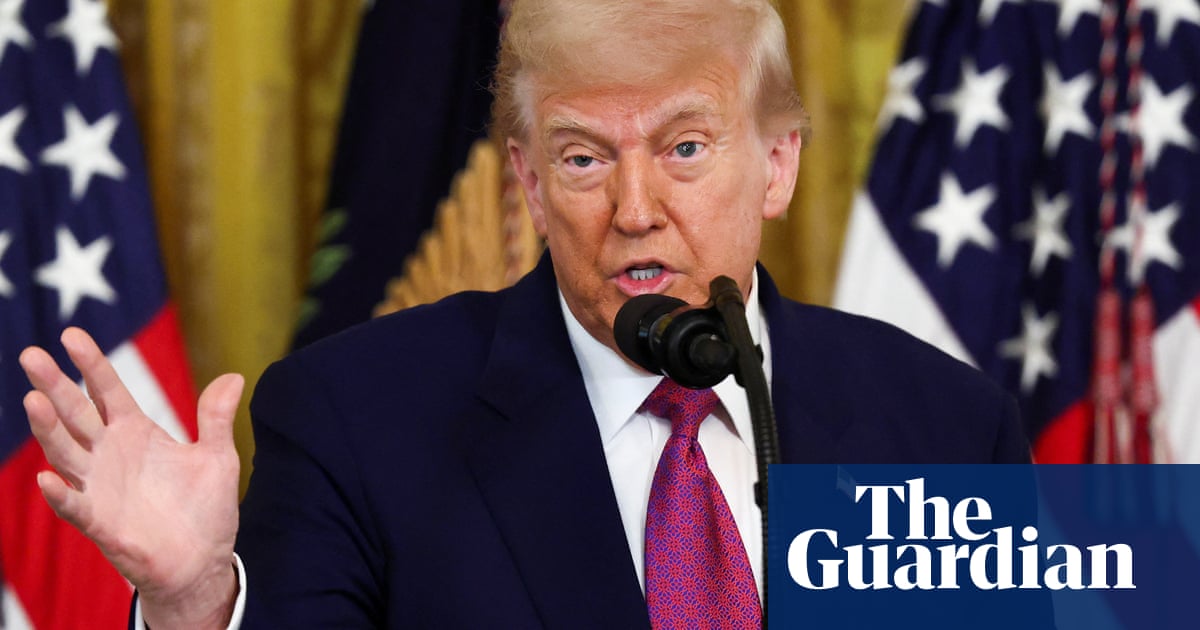Jared Kushner Advocates Government Work as Career Booster for Youth

Former White House advisor Jared Kushner has encouraged young professionals to pursue careers in government, asserting that such positions can serve as significant career accelerators. In a recent episode of the “No Priors” podcast, Kushner described government work as akin to a “two-year business school stint,” emphasizing the experience and connections gained in Washington.
Kushner’s remarks come at a time when interest in federal jobs appears to be declining among younger job seekers. According to data from Handshake, federal employers experienced a 40% drop in applications compared to the previous year during the second half of the school year. This trend highlights a growing disinterest in government roles, which Kushner attributes to a lack of understanding about the benefits of such positions.
In the podcast, Kushner asserted, “You’ll definitely make a contribution. You’ll learn a ton, meet a lot of interesting people from different backgrounds, and you’ll definitely leave with a different perspective.” He acknowledged that while the financial incentives may not rival those found in high-profile tech companies, such as OpenAI, the experience gained in government roles is invaluable.
Kushner believes that working in government not only enhances professional networks but also provides a deeper understanding of regulatory and policy issues. He stated, “You’re obviously leaving behind a lucrative career, but you’re going to leave hopefully in a better place.” This perspective seeks to reshape the narrative around government service, presenting it as a worthwhile investment in personal and professional growth.
Despite Kushner’s advocacy, a significant number of recent graduates are hesitant to enter the federal workforce. They cite a series of executive orders under the Trump administration that led to job freezes and substantial cuts, contributing to a perception of instability in federal employment. The establishment of the Department of Government Efficiency further compounded this issue, creating an atmosphere of uncertainty that has deterred potential applicants.
Feedback from current federal employees illustrates the emotional challenges faced within the sector. For instance, Jill Hornick, a Social Security field office employee with 34 years of experience, described the impact of the department’s cuts as “like a death in the family.” Many federal workers report feeling overwhelmed, with increasing responsibilities and limited time for self-care, further emphasizing the challenges of the current government landscape.
In light of these developments, Kushner noted that the Trump administration has been actively seeking talent from the private sector to enhance governmental operations. He remarked, “There’s a great group of people from the private sector who are there every day renegotiating contracts,” and added that these efforts are yielding significant financial savings for the government.
As the job market continues to evolve, Kushner’s call to action invites young people to reconsider the opportunities available within government roles. By framing these positions as valuable experiences rather than mere employment, he hopes to inspire a new generation to contribute to public service.






